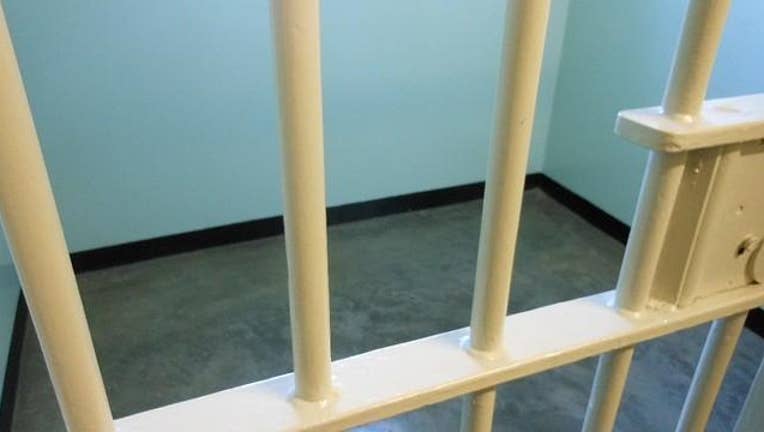Judge: Class-action status allowed in deaf inmates' lawsuit

CHICAGO (AP) — Attorneys who brought a 2011 complaint alleging the Illinois Department of Corrections violated the constitutional rights of deaf inmates said Monday that the case is proceeding after a federal judge granted class-action status to the lawsuit.
The complaint alleges deaf and partially deaf prisoners have limited access to sign language interpreters, hearing aids and other accommodations at Illinois prisons. The result, attorneys say, is exclusion and isolation because the prisoners can't communicate, effectively leaving them to miss religious services, hearings, court-mandated classes, doctors' visits and, sometimes, emergency evacuations.
Both sides were negotiating a settlement, but attorney Alan Mills said talks broke down. Last week, Judge Marvin E. Aspen in Chicago granted class-action status — which extends any relief to current and future deaf and partially deaf inmates— and determined there was evidence to support most claims the state challenged, according to a 110-page ruling. The lawsuit seeks injunctive relief, asking for system-wide changes including requiring hearing tests during medical screenings when inmates are first incarcerated.
"Just imagine being locked away in a cell completely depending on your jailers or cell mates to bring you anything you need to survive and you can't communicate with them," said Mills from the Uptown People's Law Center, one of the groups bringing the lawsuit.
Corrections spokeswoman Nicole Wilson declined to comment, citing pending litigation.
Similar cases have been brought in Kentucky and Virginia, which settled a lawsuit in 2010 by agreeing to provide videophones, interpreters and visual notification of meals.
The lawsuit claims IDOC violated the inmates' due process rights, the Americans with Disabilities Act and other laws.
The initial lawsuit represented 11 inmates, though one has since died and another been released, according to Mills. Some have been deaf since birth; others have significant hearing problems. Mills said there could be many more inmates impacted, but prisons haven't consistently tracked them.
"The court properly concluded that we have presented significant proof of systemic violations of the rights of deaf and hard of hearing IDOC inmates, and that our clients should be treated as a collective group that faces similarly unacceptable and dangerous conditions, not merely as random individuals facing ad hoc infractions of the law," attorney Bob Michels from Winston & Strawn said in a statement.
The lawsuit claims inmates are routinely handcuffed during disciplinary hearings, preventing them from using sign language to defend themselves. It also states prison officials also requests from prisoners for hearing aids or a visual system that would alert them to safety announcements. Accessible telephones and closed-captioning on televisions are not always available to deaf inmates, according to the complaint.
A status hearing is set for Dec. 10.
___
Follow Sophia Tareen at http://twitter.com/sophiatareen.

